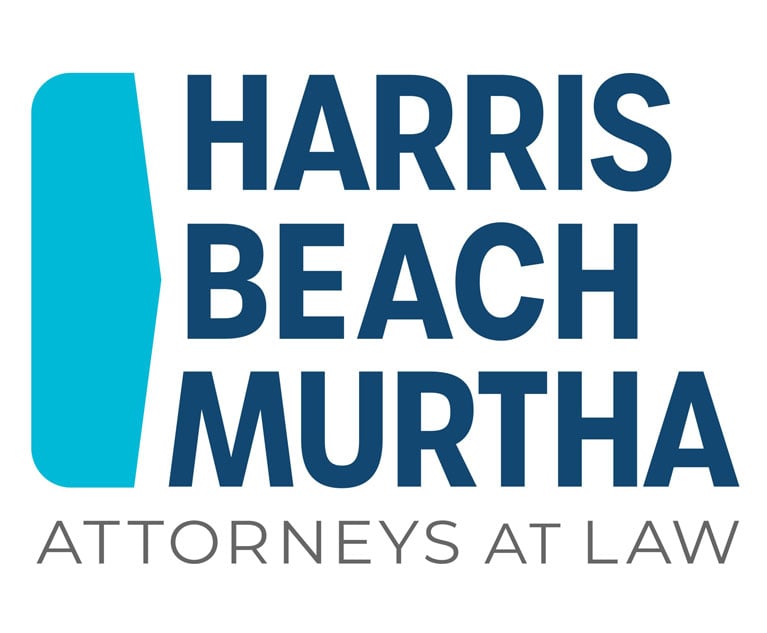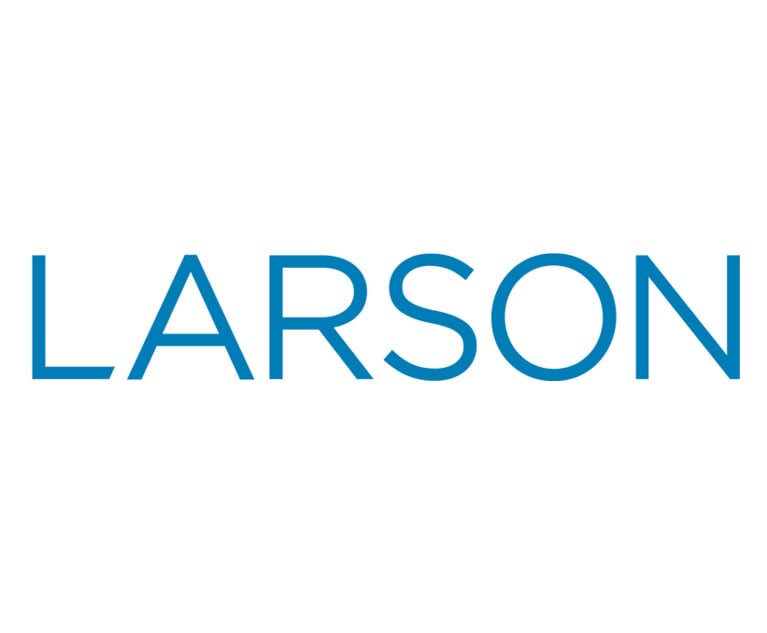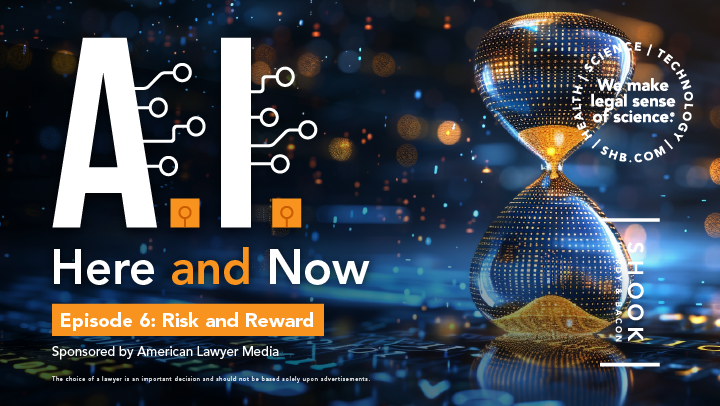 Milton Williams
Milton Williams Distinguished Leader: Milton Williams
Partner at Walden Macht & Haran
October 23, 2020 at 09:36 AM
3 minute read
What are some of your proudest recent achievements?
Two stem from an effort to rein in public corruption. The first was the New York corruption case against Joseph Percoco, a top aide to the New York Governor and two Syracuse businessmen. It was a very complex case with more than 11 million documents, multiple defendants and legal teams, and the shadow of a separate corruption case sitting in the wings. Additionally, the trial drew intense media interest because it involved several very high-level political figures. It took months to try, and in the end, my client was the only individual acquitted of all charges. I am immensely proud of my team's work on that matter.
The second is being a central part of a team working on behalf of Governor Phil Murphy's task force that successfully uncovered improprieties with respect to the administration of the New Jersey Economic Development (EDA) tax incentive programs. The task force was formed following the release of the State Comptroller's audit of the program, which revealed startling deficiencies in monitoring and oversight. The Task Force's mission was to further explore the findings of the Comptroller's audit and provide the public with a full accounting of how and why basic controls were lacking in a program that left New Jersey taxpayers on the hook for up to $11 billion.
We also successfully quashed a trial subpoena for a client (a Nike executive) who was accused by Michael Avenatti of being the corrupt central figure in paying high school players to attend specific colleges. Quashing the subpoena avoided the client having to testify in the midst of an overall investigation into select Nike high school programs.
Name a lawyer or mentor whose leadership inspired you.
John Siffert is an excellent lawyer who started his own successful law firm. He also devotes significant amounts of time to developing and mentoring young lawyer as well as to pro bono organizations, including the New York Lawyers for the Public Interest.
How are the business and profession of law changing, and how should lawyers adapt for the future?
The practice of law is value driven, now more than ever. The necessity for alternative fee arrangements, which place a greater risk on the lawyer to secure a specific result, dominate a client's considerations for whom to select. Thus, law firms must adapt accordingly, devise fee arrangements that accommodate a client's financial needs.
What is the best advice for someone considering a career in law, or someone already in the profession who is seeking to make a greater impact?
Choose an area of the law you are passionate about, and really master it. Try to avoid making choices based on financial remuneration.
NOT FOR REPRINT
© 2025 ALM Global, LLC, All Rights Reserved. Request academic re-use from www.copyright.com. All other uses, submit a request to [email protected]. For more information visit Asset & Logo Licensing.
You Might Like
View All
Federal Judge Pauses Trump Funding Freeze as Democratic AGs Plan Suit
4 minute read
Trending Stories
- 1Law Firm Fails to Get Punitive Damages From Ex-Client
- 2Over 700 Residents Near 2023 Derailment Sue Norfolk for More Damages
- 3Decision of the Day: Judge Sanctions Attorney for 'Frivolously' Claiming All Nine Personal Injury Categories in Motor Vehicle Case
- 4Second Judge Blocks Trump Federal Funding Freeze
- 5Crypto Hacker’s $65 Million Scam Ends in Indictment
Who Got The Work
J. Brugh Lower of Gibbons has entered an appearance for industrial equipment supplier Devco Corporation in a pending trademark infringement lawsuit. The suit, accusing the defendant of selling knock-off Graco products, was filed Dec. 18 in New Jersey District Court by Rivkin Radler on behalf of Graco Inc. and Graco Minnesota. The case, assigned to U.S. District Judge Zahid N. Quraishi, is 3:24-cv-11294, Graco Inc. et al v. Devco Corporation.
Who Got The Work
Rebecca Maller-Stein and Kent A. Yalowitz of Arnold & Porter Kaye Scholer have entered their appearances for Hanaco Venture Capital and its executives, Lior Prosor and David Frankel, in a pending securities lawsuit. The action, filed on Dec. 24 in New York Southern District Court by Zell, Aron & Co. on behalf of Goldeneye Advisors, accuses the defendants of negligently and fraudulently managing the plaintiff's $1 million investment. The case, assigned to U.S. District Judge Vernon S. Broderick, is 1:24-cv-09918, Goldeneye Advisors, LLC v. Hanaco Venture Capital, Ltd. et al.
Who Got The Work
Attorneys from A&O Shearman has stepped in as defense counsel for Toronto-Dominion Bank and other defendants in a pending securities class action. The suit, filed Dec. 11 in New York Southern District Court by Bleichmar Fonti & Auld, accuses the defendants of concealing the bank's 'pervasive' deficiencies in regards to its compliance with the Bank Secrecy Act and the quality of its anti-money laundering controls. The case, assigned to U.S. District Judge Arun Subramanian, is 1:24-cv-09445, Gonzalez v. The Toronto-Dominion Bank et al.
Who Got The Work
Crown Castle International, a Pennsylvania company providing shared communications infrastructure, has turned to Luke D. Wolf of Gordon Rees Scully Mansukhani to fend off a pending breach-of-contract lawsuit. The court action, filed Nov. 25 in Michigan Eastern District Court by Hooper Hathaway PC on behalf of The Town Residences LLC, accuses Crown Castle of failing to transfer approximately $30,000 in utility payments from T-Mobile in breach of a roof-top lease and assignment agreement. The case, assigned to U.S. District Judge Susan K. Declercq, is 2:24-cv-13131, The Town Residences LLC v. T-Mobile US, Inc. et al.
Who Got The Work
Wilfred P. Coronato and Daniel M. Schwartz of McCarter & English have stepped in as defense counsel to Electrolux Home Products Inc. in a pending product liability lawsuit. The court action, filed Nov. 26 in New York Eastern District Court by Poulos Lopiccolo PC and Nagel Rice LLP on behalf of David Stern, alleges that the defendant's refrigerators’ drawers and shelving repeatedly break and fall apart within months after purchase. The case, assigned to U.S. District Judge Joan M. Azrack, is 2:24-cv-08204, Stern v. Electrolux Home Products, Inc.
Featured Firms
Law Offices of Gary Martin Hays & Associates, P.C.
(470) 294-1674
Law Offices of Mark E. Salomone
(857) 444-6468
Smith & Hassler
(713) 739-1250








